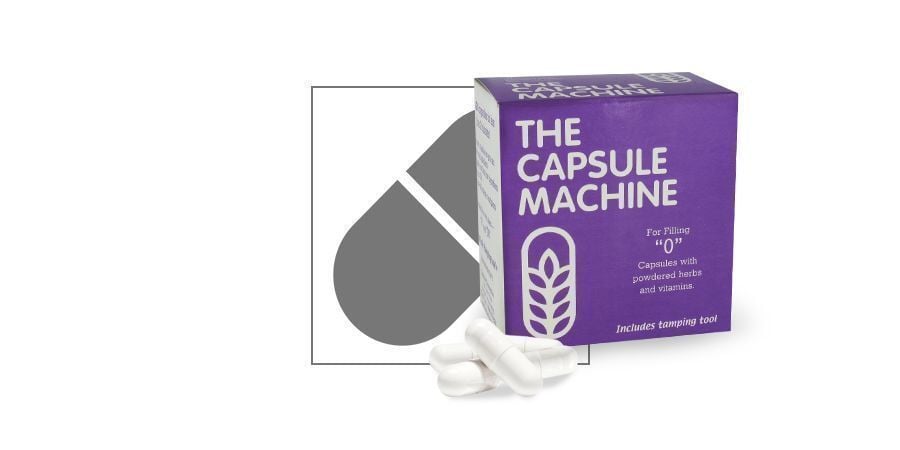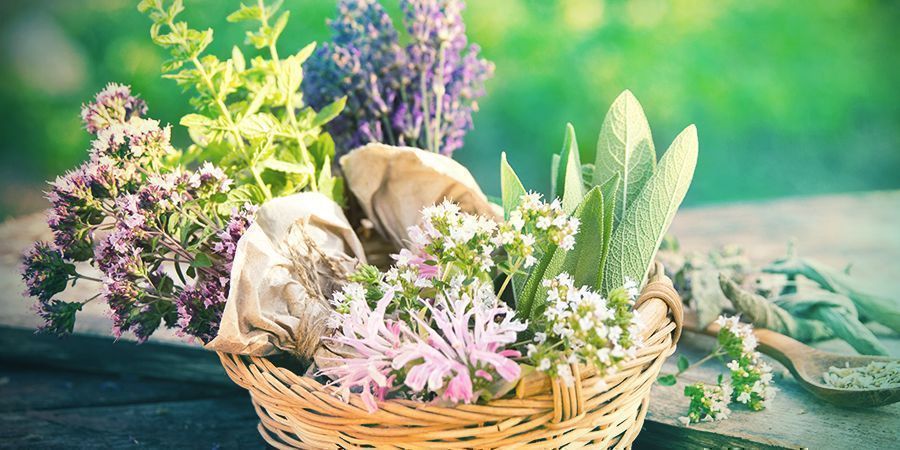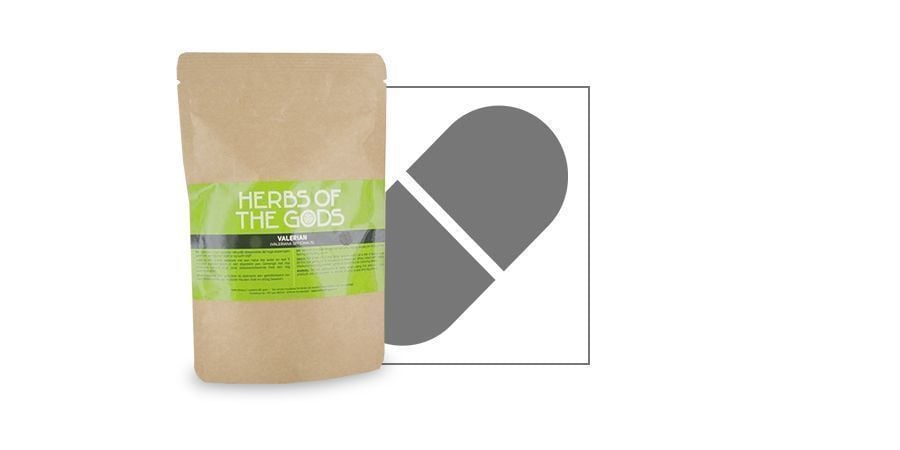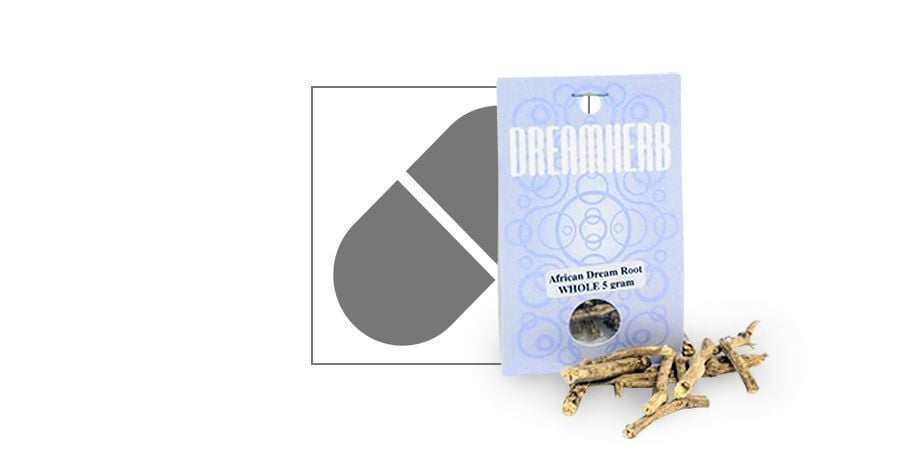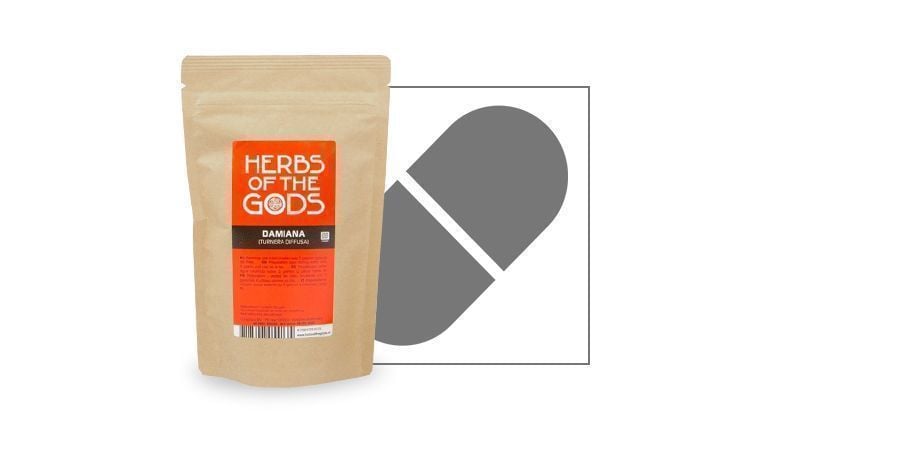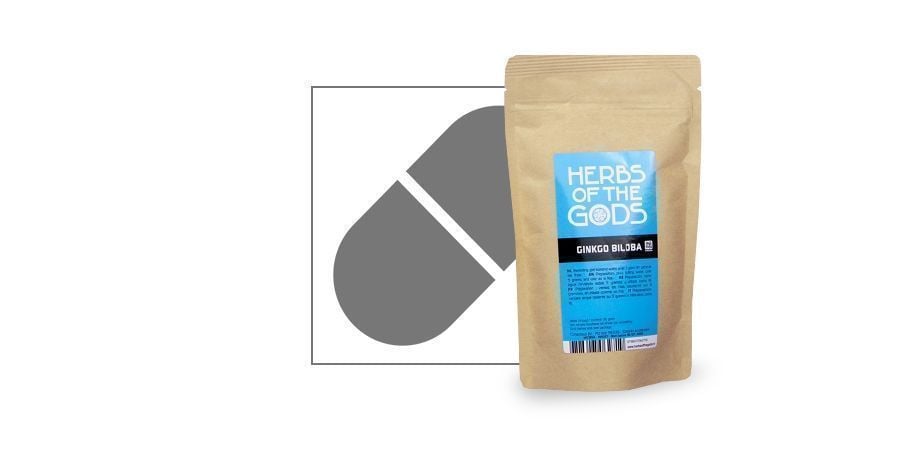
The Best Herbs For Making Capsules At Home
Making your own capsules is an easy and satisfying way to start supplementing with herbs. Most of the herbs listed here have been researched to a reasonable degree and display a wide range of potential uses.
For centuries, herbs have existed as a revered source of nutrition. Technically speaking, an herb is classified as any plant with leaves, seeds, or flowers we can use for food, flavouring, or its effects on the mind or body.
Typically, herbs are perennial, meaning they live for at least two years, which is excellent news for us humans. It provides plenty of time to harvest and experiment with dried herb extracts and capsules. It also means the global market has access to a steady supply of herbs from all corners of the globe.
And, if the advantages above weren't exciting enough, there are dozens of ways to consume herbs, depending, of course, on the outcome you want. Now, just like our ancestors, it's time to dive into the complex but intriguing world of herbs to see how they can influence our lives.
Brewing teas and eating herbs raw are the most basic methods of intake. Creating extracts and essential oils is a slightly more complicated process that requires some knowledge and extensive equipment. Capsules are another great way to safely and efficiently administer herbs.
WHY SHOULD YOU USE HERB CAPSULES?
Making your own capsules can serve as an easy, efficient and simple way to start creating your own herbal preparations. Making your own capsules does not take much time at all, considering you have a few pieces equipment on hand.
Taking capsules is a convenient way of consuming an herb that requires no preparation after the initial batch has been created. All it takes is a glass of water to wash them down with; and some people don’t even require that when consuming them!
HOW DO YOU TAKE HERB CAPSULES?
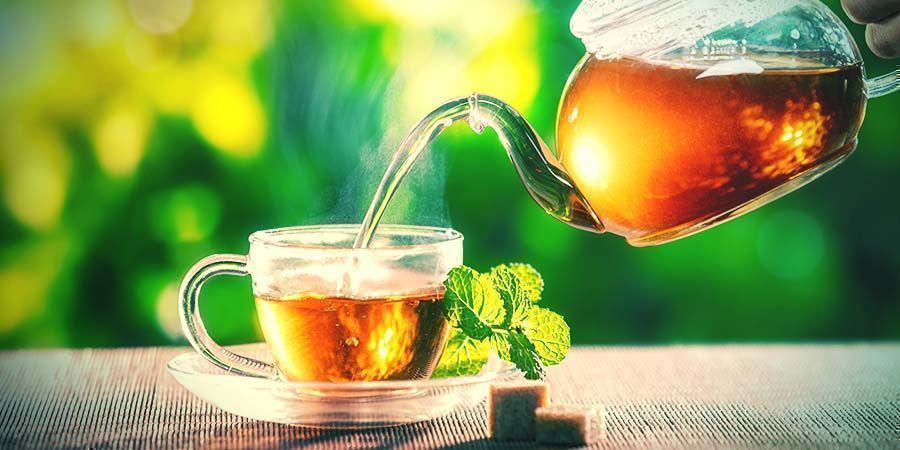
Herb capsules can be stored for quite a while and used on demand. Many people simply elect to swallow a few capsules as a part of a daily routine, or when needed. This all depends on the type of herb being administered. Some people may be put-off by the idea of capsules because of the prospect of swallowing them whole.
For these individuals, capsules can simply serve as a helpful way to store herbs that doesn’t require weighing out a dose. In this case, you can take apart the required amount of capsules and empty the contents into teas, soups, smoothies and juices.
HOW TO MAKE YOUR OWN CAPSULES
Making capsules is an easy and quick process, considering you have a capsule machine. A capsule machine will allow you to make a large number of capsules within a short period of time. You will also need some empty capsules that are of compatible size with the machine you are using.
In order to maximise the amount of herb that fits into each capsule, you will need to use a powdered product. You can either choose to purchase powdered herbs, or process dried herbs at home using a herb grinder.
To begin the process, place the half capsules into the empty slots of the capsule machine. Next, pour the adequate amount of powdered herb into the machine and sweep it into the capsule halves.
Attach the other side of the machine that houses the other side of each capsule. Your first batch of capsules has now been created. Put them into a labelled bottle and load up the machine for the next batch.
BEST HERBS TO USE
There are many herbs to choose from when making capsules and every person will have more use for some herbs than others. Here are some of the herbs we believe to be the most useful and intriguing.
VALERIAN
Valerian is a perennial flowering plant that belongs to the Valeriana genus of the Caprifoliaceae family. The plant can reach 5 feet in height, displays pink or white flowers and is native to Europe and Asia. The name of the herb is derived from the Latin word “valere,” which means to be healthy and strong.
Valerian contains numerous mechanisms of action, including sedative and antiseptic effects made possible by just a few of the many biochemical components within the plant. These include alkaloids, sesquiterpenes and flavanones.
Due to its sedative qualities, Valerian is traditionally used in combination with other herbs to improve sleep. There is scientific evidence to suggest that Valerian may assist in this domain.
AFRICAN DREAM ROOT
African dream root, known by its scientific name Silene undulata, belongs to the Silene genus of the Caryophyllaceae family. The herb is short-lived and perennial, featuring flowers that open at night and close during the day. The root has been traditionally used by the Xhosa people of Southern Africa to induce lucid dreams.
Indeed, it is classified as an oneirogen, a substance that coaxes lucid dreams. The word oneirogen is derived from the Greek “oneiros” meaning “dream” and “gen” meaning “to create.” The root is reportedly used by Xhosa shaman during initiation processes.
Lucid dreaming is the process of becoming consciously aware that you are dreaming during the dream state. During a lucid dream, the dreamer partially awakens and can begin to control the dream in many different ways. This profound freedom is a desirable state for many, making African dream root a special tool for those looking to achieve lucidity.
DAMIANA
Damiana, also named Turnera diffusa, belongs to the Turnera genus of the Passifloraceae family. The shrub is native to southern Texas, Central America, Mexico and the Caribbean. This plant presents small, strikingly yellow, five-petalled flowers.
Damiana is most well known for its use as an aphrodisiac. Constituents within the plant have been associated with boosting sexual health and performance in both males and females.
Damiana has been studied in decent depth by researchers, with some evidence suggesting it may enhance sexual satisfaction and orgasm frequency.
GINGKO BILOBA
Ginkgo biloba belongs to the Gingko genus of the Ginkgoaceae family. The plant is native to China, Japan and Korea and has since been cultivated in Europe and the United States. Ginkgo is a large tree with fan-shaped leaves.
This plant gained popularity due to claims that it may help with memory and cognition. Further research suggests that Ginkgo may improve attention span and speed of thinking in healthy adults.
-
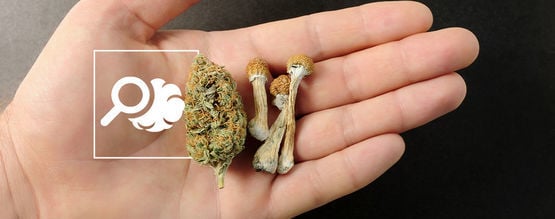 5 min
7 November 2024
Everything You Need To Know About Microdosing Psychedelics...
Everyone wants to try microdosing these days, even people who are usually very anti drugs. Each drug should be approached differently, but the general principles remain the same. Here we offer a...
5 min
7 November 2024
Everything You Need To Know About Microdosing Psychedelics...
Everyone wants to try microdosing these days, even people who are usually very anti drugs. Each drug should be approached differently, but the general principles remain the same. Here we offer a...
-
 4 min
31 August 2017
5 Drugs That May Boost Focus, Enhance Concentration And Help...
Tired of sitting down at your work desk only to find your boredom levels increase and your attention drift off into some distant corner of the internet? Well, this list of drugs may be able to help...
4 min
31 August 2017
5 Drugs That May Boost Focus, Enhance Concentration And Help...
Tired of sitting down at your work desk only to find your boredom levels increase and your attention drift off into some distant corner of the internet? Well, this list of drugs may be able to help...





 United States
United States

